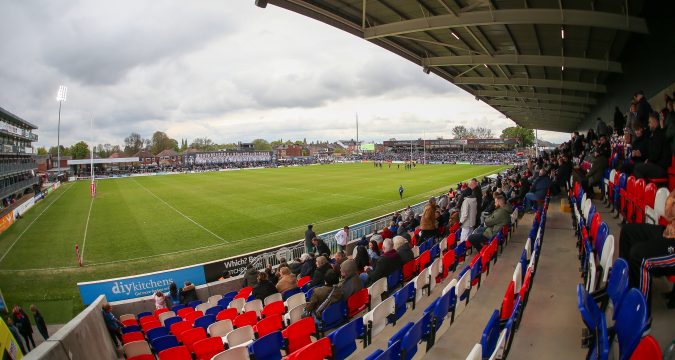 Our journey around the villages, towns and cities that have rugby league running through their veins heads back to West Yorkshire.
WAKEFIELD has long been listed as one of the biggest places in England and Wales never to have had a Football League club.
But when it comes to our game, there is no doubting the credentials of the cathedral city wi
Our journey around the villages, towns and cities that have rugby league running through their veins heads back to West Yorkshire.
WAKEFIELD has long been listed as one of the biggest places in England and Wales never to have had a Football League club.
But when it comes to our game, there is no doubting the credentials of the cathedral city wi Locations of League: Wakefield
 Our journey around the villages, towns and cities that have rugby league running through their veins heads back to West Yorkshire.
WAKEFIELD has long been listed as one of the biggest places in England and Wales never to have had a Football League club.
But when it comes to our game, there is no doubting the credentials of the cathedral city wi
Our journey around the villages, towns and cities that have rugby league running through their veins heads back to West Yorkshire.
WAKEFIELD has long been listed as one of the biggest places in England and Wales never to have had a Football League club.
But when it comes to our game, there is no doubting the credentials of the cathedral city wi 